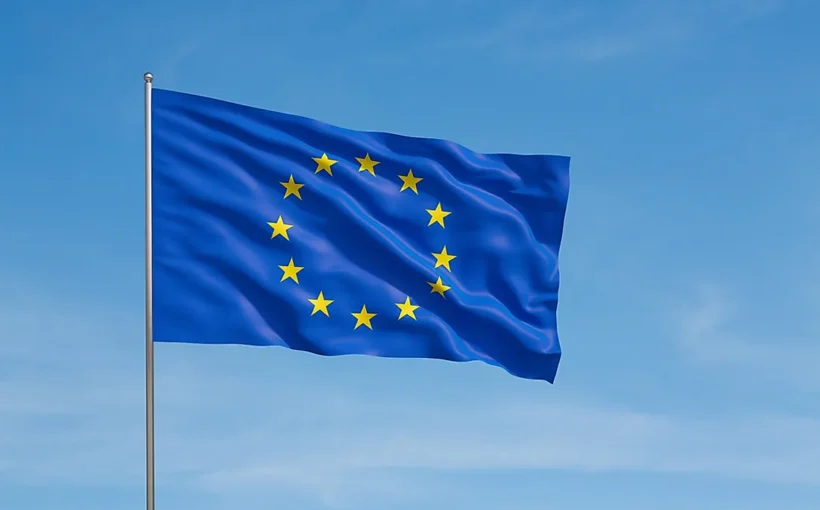European countries can’t get it together over a diplomatic boycott of the 2022 Beijing Winter Olympics.
This week’s continental indecision follows a long-expected announcement on Monday by the U.S. to mount a diplomatic boycott of the event, accusing China of human rights abuses, including a “genocide” of the Uyghur Muslim minority in the Xinjiang region.
The U.K., Canada, Australia and New Zealand — which together with the U.S. make up the Five Eyes intelligence alliance — have confirmed they will also not be sending officials to the Games, which start on February 4, though their athletes will still take part.
The diplomatic boycott sets the stage for the most political Olympic Games since the 1980s, and the most controversial since the 1936 Games in Nazi Germany.
While Joe Biden and friends are drawing a line in the snow, however, the EU is split not only among member countries, but nations like France are also sending mixed messages internally.
France’s Sports Minister Jean-Michel Blanquer told the media early Thursday morning that his junior colleague Roxana Maracineanu, a former Olympic silver medalist, will attend the Beijing event, proclaiming that France would not boycott.
But Blanquer was contradicted minutes later by French Foreign Minister Jean-Yves Le Drian, who signaled that he’s open to EU-wide talks to discuss a diplomatic boycott.
“We are in favor of a common position [within the EU], which we will discuss in all its aspects at the next meeting of foreign ministers, or at a subsequent meeting. But this issue must be dealt with at a European level,” he said.
His position was immediately echoed by the new German Foreign Minister Annalena Baerbock, who traveled to Paris in her first diplomatic visit since taking on her new role on Wednesday. “We will decide in the new federal government how to deal with this issue further, but this will also be done in harmony with our European friends,” Baerbock added.
The Netherlands also wants to discuss the issue with EU partners. Others, like Sweden, say they have not yet received an invitation from Beijing.
Outside the EU, Norway — the most successful Winter Olympic nation of all time — will not join the diplomatic boycott, a foreign ministry official said. Alpine powerhouse Switzerland hasn’t yet made up its mind.
And European officials aren’t convinced common ground will be found.
So far, the EU’s foreign policy arm has shown little interest in attempting to forge a common position — and not only because the EU is not a participant in the Olympic Games. Officials who spoke on condition of anonymity told POLITICO that they expect such an exercise to be futile, citing what they call China’s increasing pressure on friendlier countries like Greece, Hungary and Malta to resist a boycott.
Another diplomat from a leading EU country said: “We may have had a firm stance on Peng Shuai, but don’t count on us to boycott the Olympics.” He was referring to the Chinese tennis star who disappeared after accusing a former Chinese Communist Party leader of sexual harassment.
The EU “has no competence in sport,” EU External Action Service Secretary-General Stefano Sannino said in an interview with China Direct conducted earlier this week. The issue, he added, is not “one of the elements in which we will try to move the 27 together.”
So far, the only EU country showing clarity on the issue is Lithuania, which has ruled out any governmental participation. The decision comes as no surprise, since the Baltic country has been embroiled in an escalating spat with Beijing over the issue of Taiwan.
In 1980, the U.S. and dozens of other countries fully boycotted the Olympics in Moscow. Four years later, the Soviet Union led a smaller, retaliatory boycott of the Summer Games in Los Angeles.
Jules Darmanin contributed to this report.
Source: Politico


